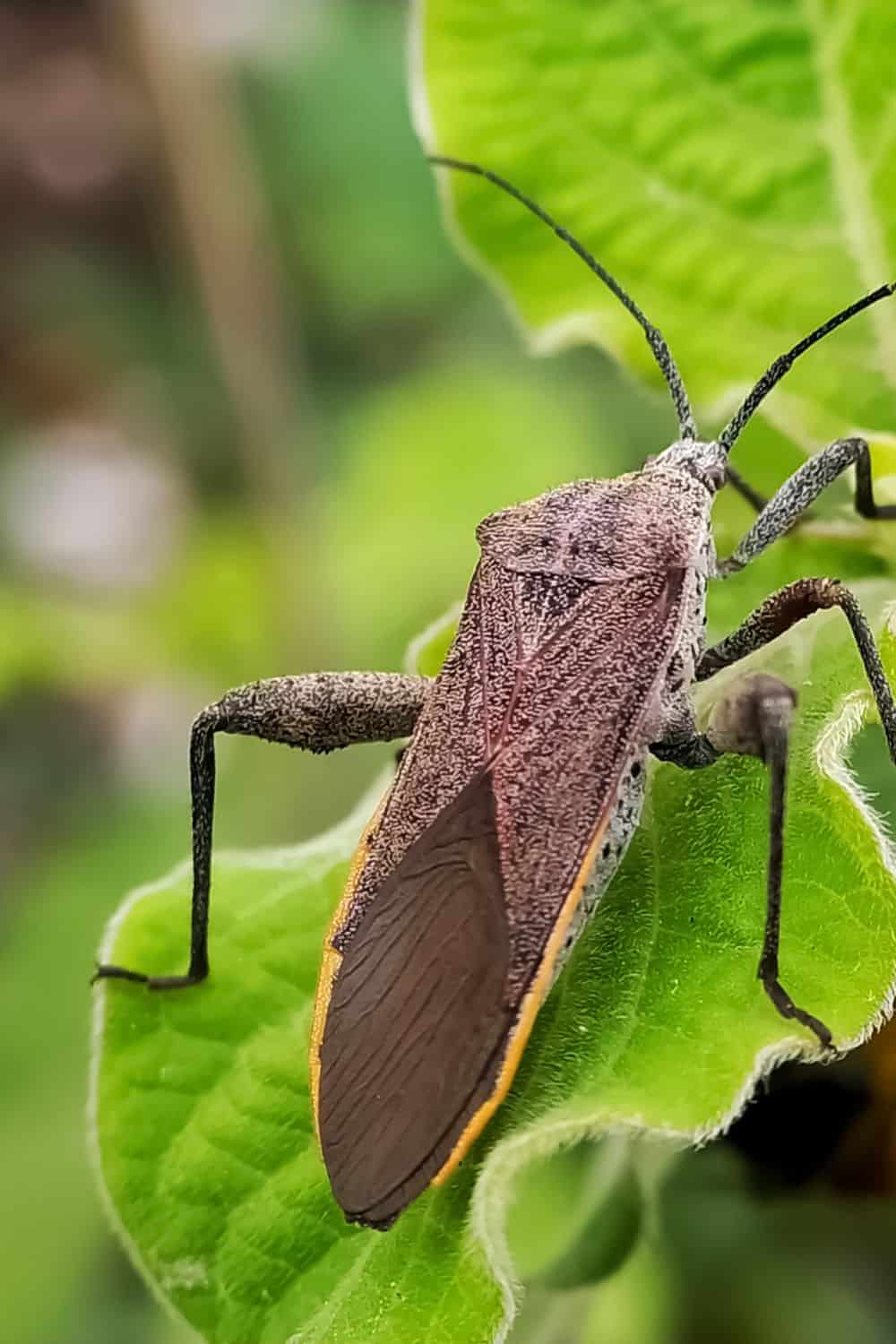Aphids may be one of the most devastating pests in a garden that can easily go undetected for long periods of time in the garden, but there are natural ways to get rid of aphids. Getting rid of them involves one very simple and smart solution you may not have considered. In this post, I will detail how we keep our aphid population low and in check naturally without any intervention.
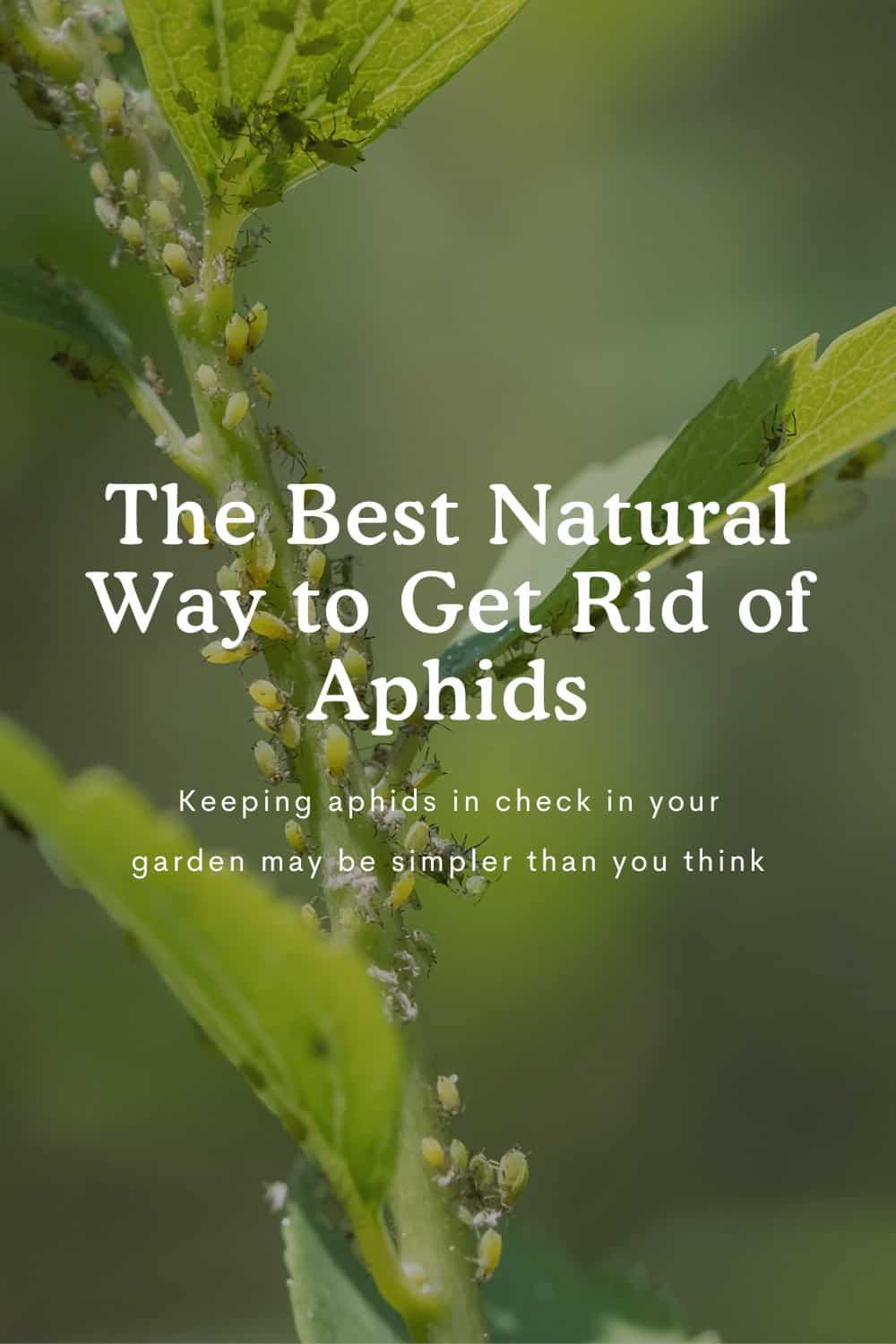
Though aphids can devastate the garden, these small but mighty bugs may also be the easiest to manage with a few simple and smart solutions. Aphids are also known as plant lice, greenflies, or garden lice. They grow in packs, usually managed by ants who move them around and farm them like we do as humans with cows. The ants LOVE their sweet secretions and work together in the garden.
All pests in the garden, including aphids, have a way of controlling them with nature, and today we will discuss how to learn their weakness and cultivate this in the garden.
One of the things we need to understand about aphids is that they are also wonderful bell weathers or indicators that something isn’t going well in the garden. They tend to congregate on plants that are under stress from overheating, lack of water, and more. Healthy plants without stress are of less interest to aphids. Knowing this can help us view them in a new light and begin to understand how to bring balance to the garden to lower their population.
Listen to my podcast all about aphids if you want to learn more
To understand all of this, we will discuss it further in this post.
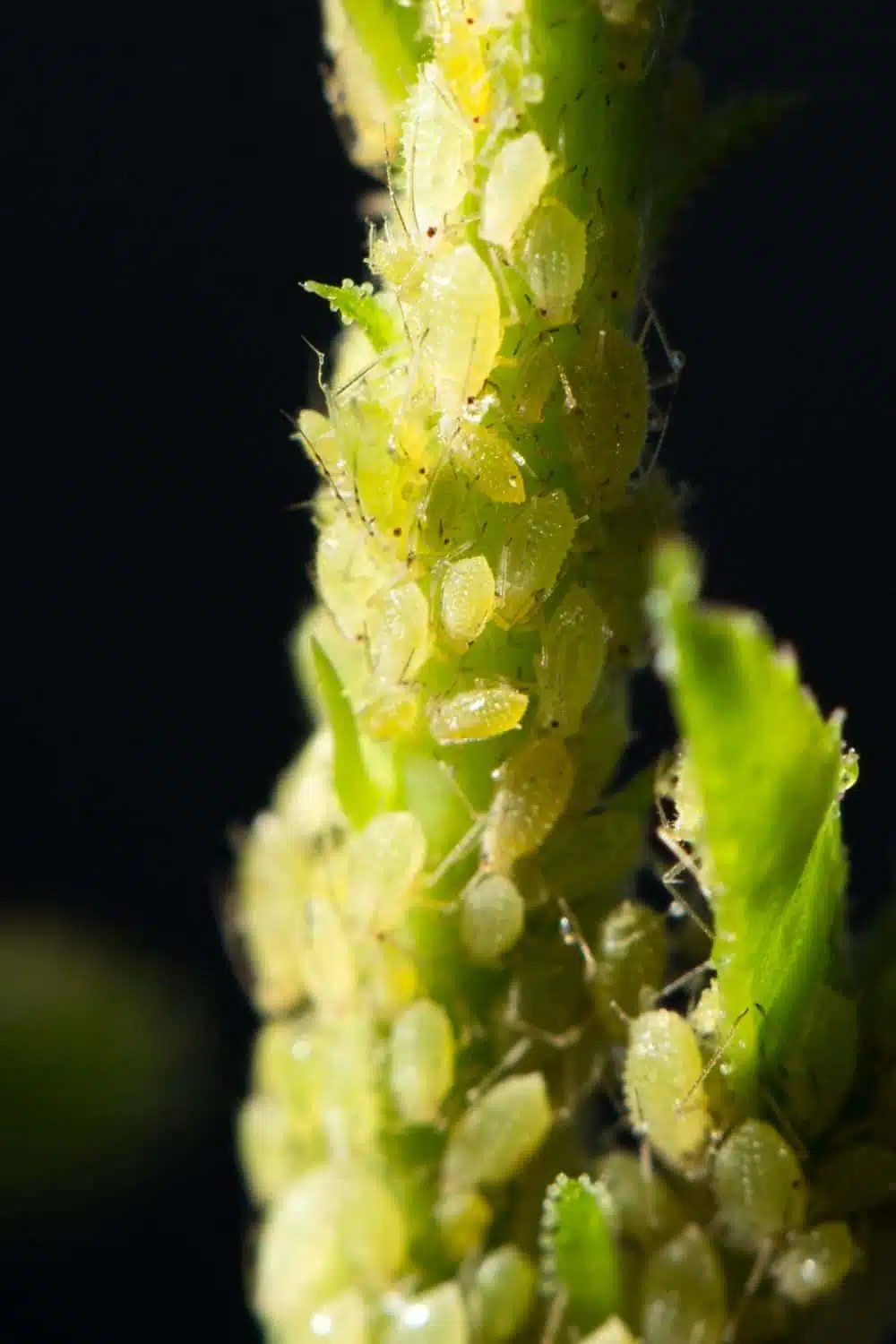
What is an aphid?
Aphids are small, soft-bodied insects that are sap-sucking pests of plants. They are found worldwide and can be a serious problem for gardeners and farmers. Aphids come in various colors, including green, black, red, yellow, brown, and gray. They are typically about 1/16 to 1/8 inch long.
Aphids feed on the sap of plants, weakening them and making them more susceptible to disease. They can also transmit plant viruses. Aphids reproduce rapidly, and their populations can grow quickly. Aphids can reproduce both sexually and asexually. They typically reproduce asexually, meaning they do not need a mate to produce offspring. This type of reproduction is called parthenogenesis.
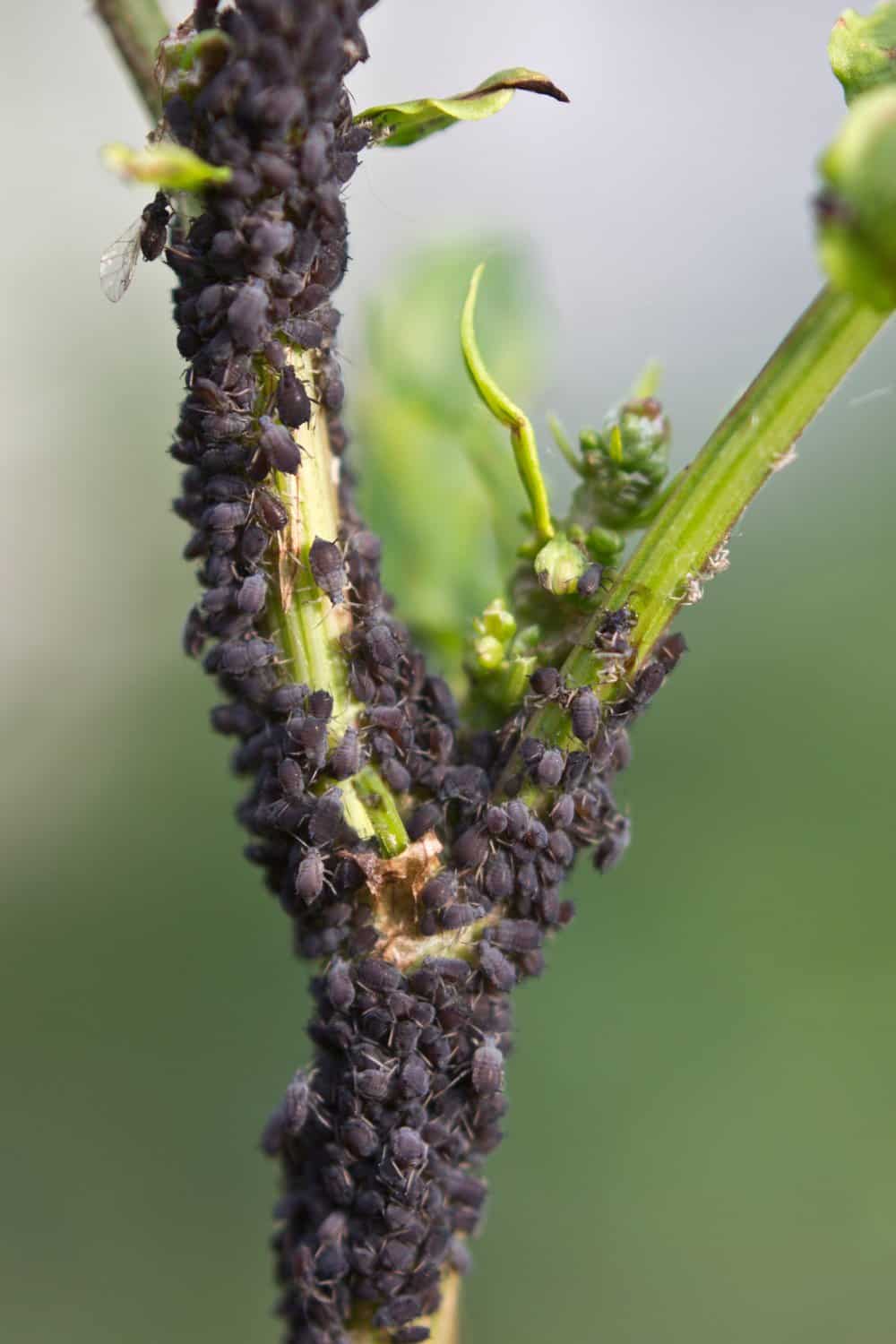
Why are you getting so many aphids in your garden?
Because aphids can reproduce both asexually and sexually, it seems they overtake your garden so quickly. One female without reproduction can produce over 100 offspring in her lifetime. In the fall, they reproduce sexually, allowing them to store eggs quickly that will overwinter in your garden and open early in the spring.
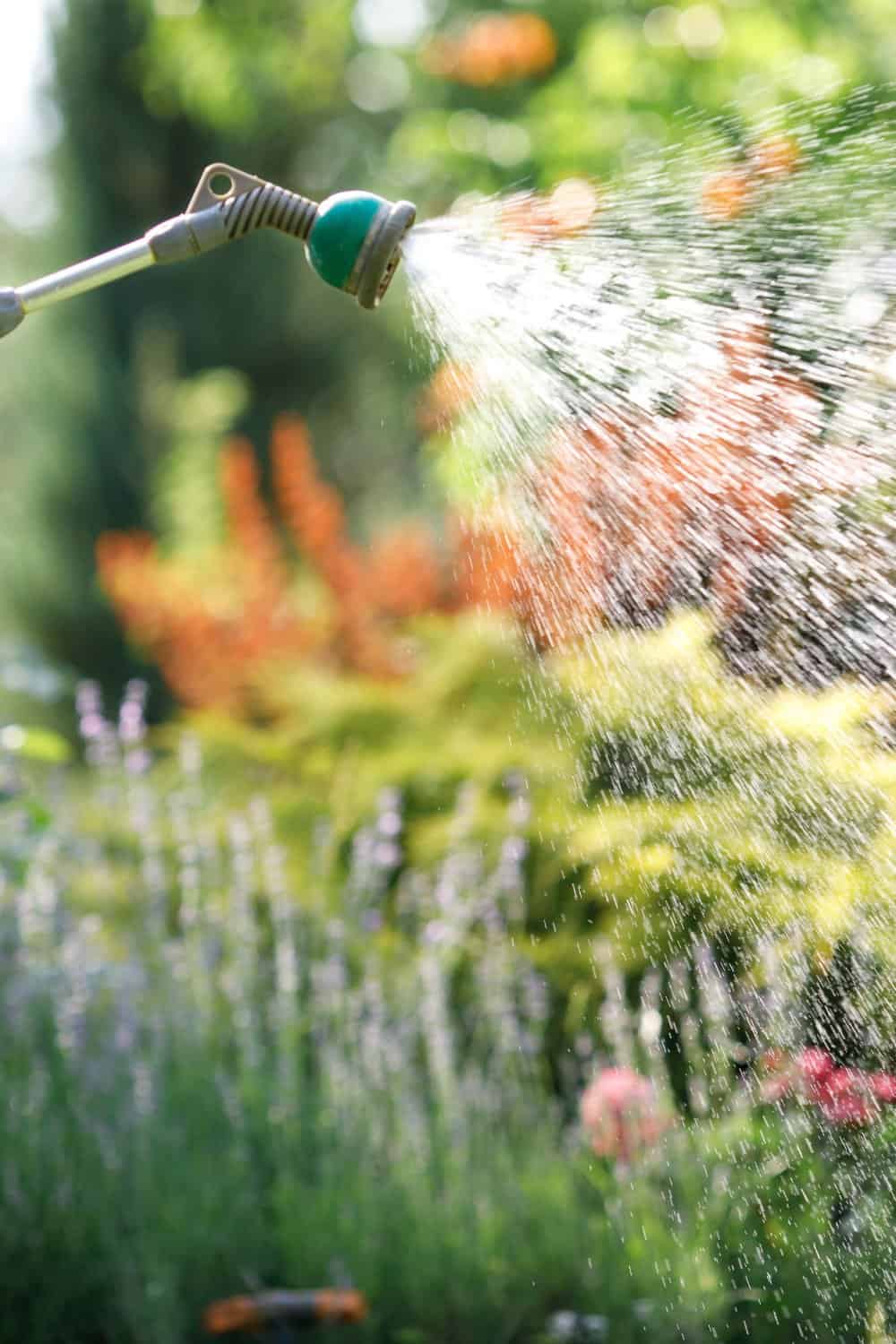
Why use natural ways to get rid of aphids?
- Pesticides can harm beneficial insects. Many pesticides kill the target pests and beneficial insects, such as ladybugs and lacewings. These beneficial insects help control aphid populations naturally, so killing them with pesticides can worsen the aphid problem.
- Natural solutions are often more effective. Pesticides can effectively kill aphids, but they often only kill adults. Aphids reproduce very quickly, so a new generation of aphids can quickly develop, even after the adults have been killed. Natural solutions, such as insecticidal soap and neem oil, are often more effective at killing aphids, including eggs and nymphs.
- Natural solutions are safer for the environment. Pesticides can pollute waterways and harm other wildlife. Natural solutions are generally safer for the environment.
Many ways to deter or eliminate aphids also greatly benefit the greater ecosystem. This means that while you are deterring a rather harmful pest, you are also naturally building a greater ecosystem around you.
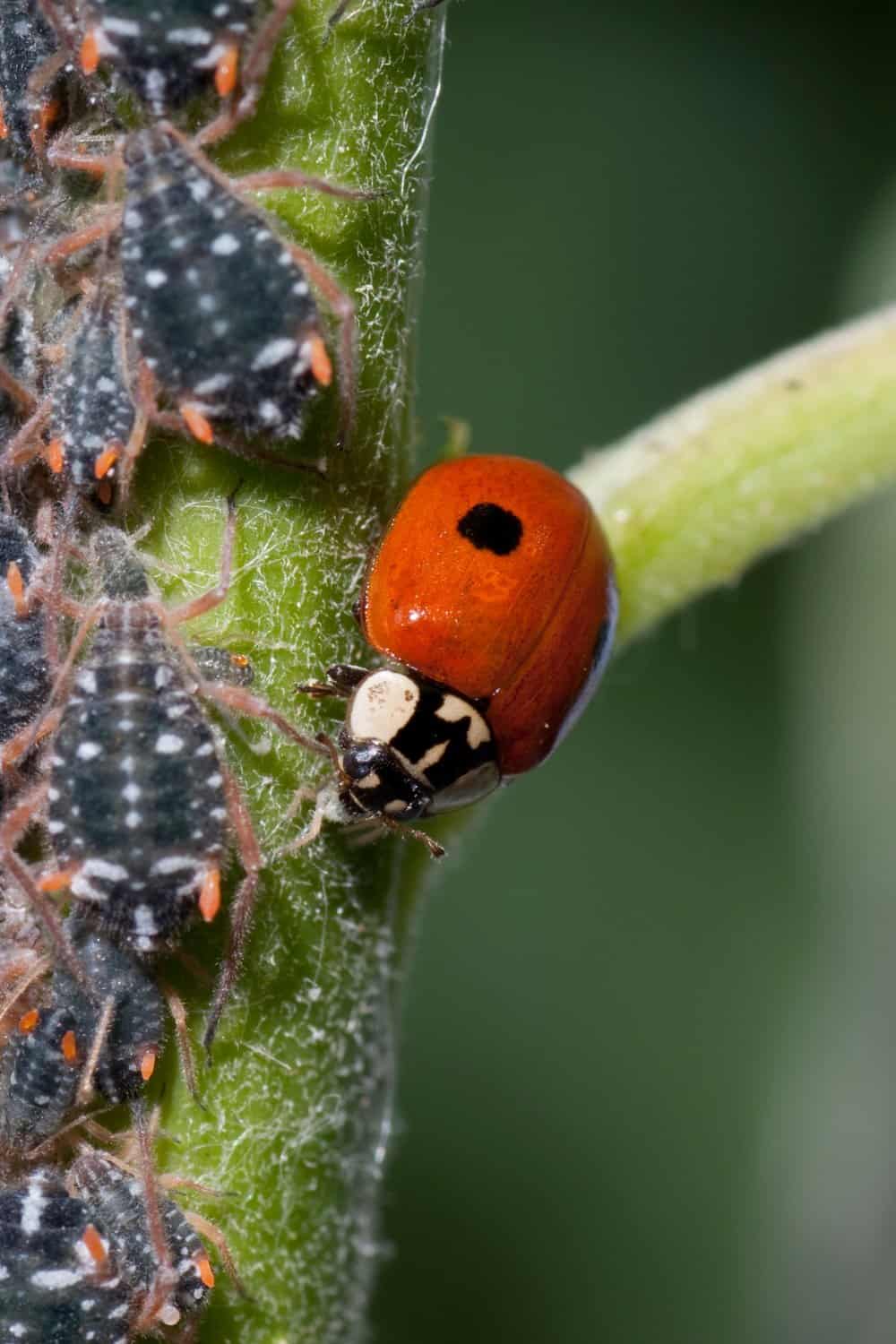
What are the best natural ways to get rid of aphids?
There are many natural ways to deter aphids with homemade things. We will start here, but I have controlled our aphid populations enough to never use any of these natural solutions for aphids.
- Physical removal: Aphids can be physically removed from plants with a sharp stream of water or by using a cotton swab dipped in rubbing alcohol. This can be tedious, but regular watering is important.
- Attract predators: Aphids have a number of natural predators, including ladybugs, lacewings, and parasitic wasps. You can attract these predators to your garden by planting flowers that they like, such as marigolds, yarrow, and dill. This is what we do in our garden. I will explain further below.
- Use dish soap: Using dish soap or a soapy solution (I would suggest Dr. Bronner’s soap) is a great way to get rid of the soft bodies of nymphs in particular.
- Make a vinegar spray: A vinegar spray can also be effective against aphids. Mix equal vinegar and water in a spray bottle, then spray the aphid-infested plants. Be careful with vinegar because it can harm plants if there is too much!
- Essential oils: Essential oils, such as peppermint, can also be used to repel aphids. Add a few drops of essential oil to a spray bottle filled with water, and then spray the plants.
- Spring cinnamon: This is a little discussed one, but ants move aphids onto plants, so first working to deter or remove ants may be an even better solution than any of the above. Sprinkling garlic or cinnamon around the plants can also keep the ants off the plants.
- Grow healthy plants: Aphids aren’t uncommon, so ensuring your plants are healthy with a fertilizer that builds their natural immune system, such as this kelp/seaweed fertilizer, will keep them resilient to any damage from an aphid influx.
What eats aphids?
The most important thing is understanding how to use beneficial insects in your garden to control and keep aphid populations in check. The following beneficial animals and bugs will keep your aphid populations in check and healthy and normal. Below you will find the main predators of the aphid and a few tips on how to attract them:
-
Ladybugs: The most well-known predator of the aphid is the ladybug, particularly their larvae, which can eat hundreds of larvae in their lifetime, much like the lacewing. You can attract them easily by growing cilantro, dill, fennel, caraway, yarrow, tansy, angelica, scented geraniums, coreopsis, cosmos, and MANY more plants.
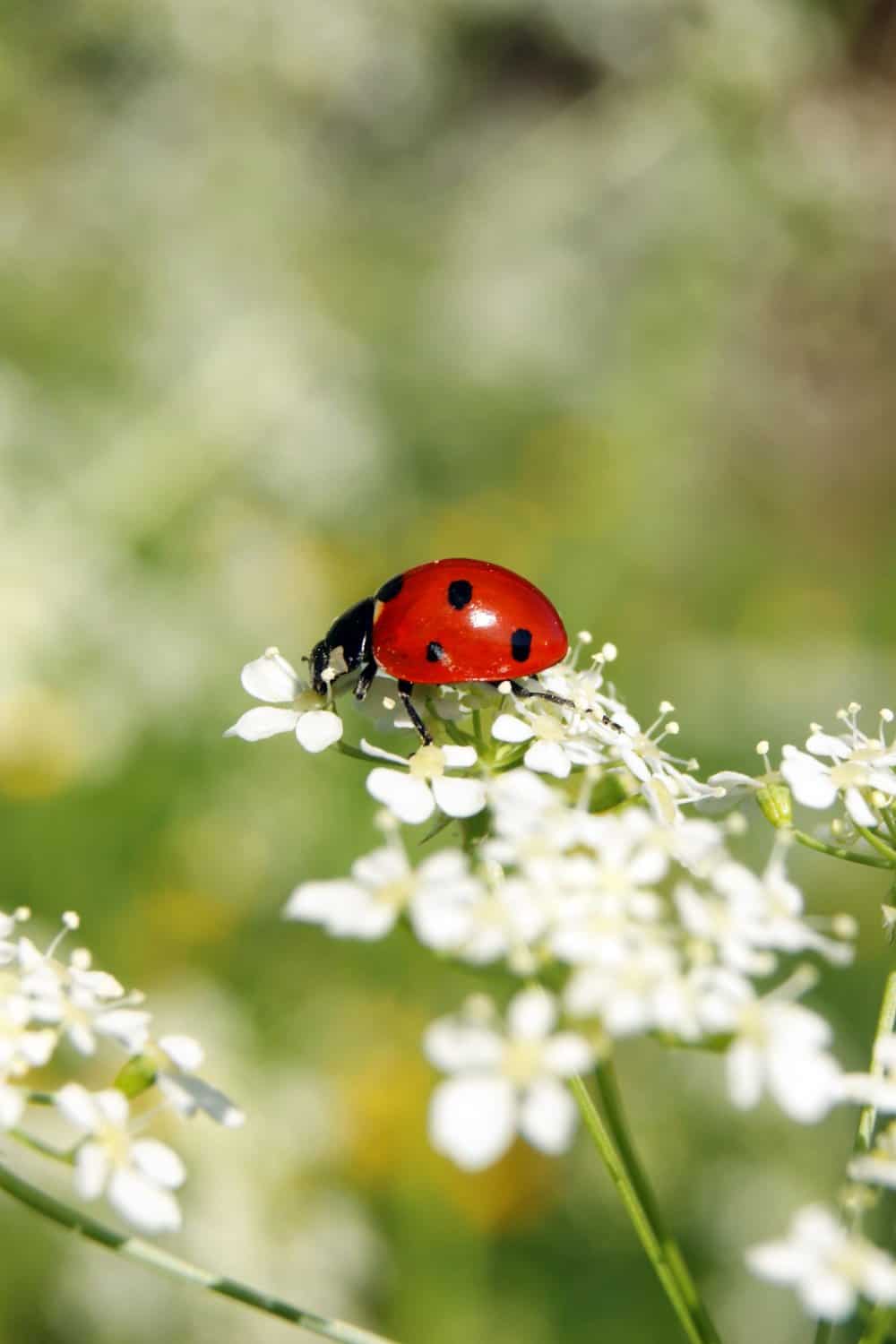
-
Lacewings: The larvae will eat hundreds of aphids in their lifetime, so make sure you plant dill, oregano, cosmos, coreopsis, asters, sweet alyssum, verbena, daisies, and more
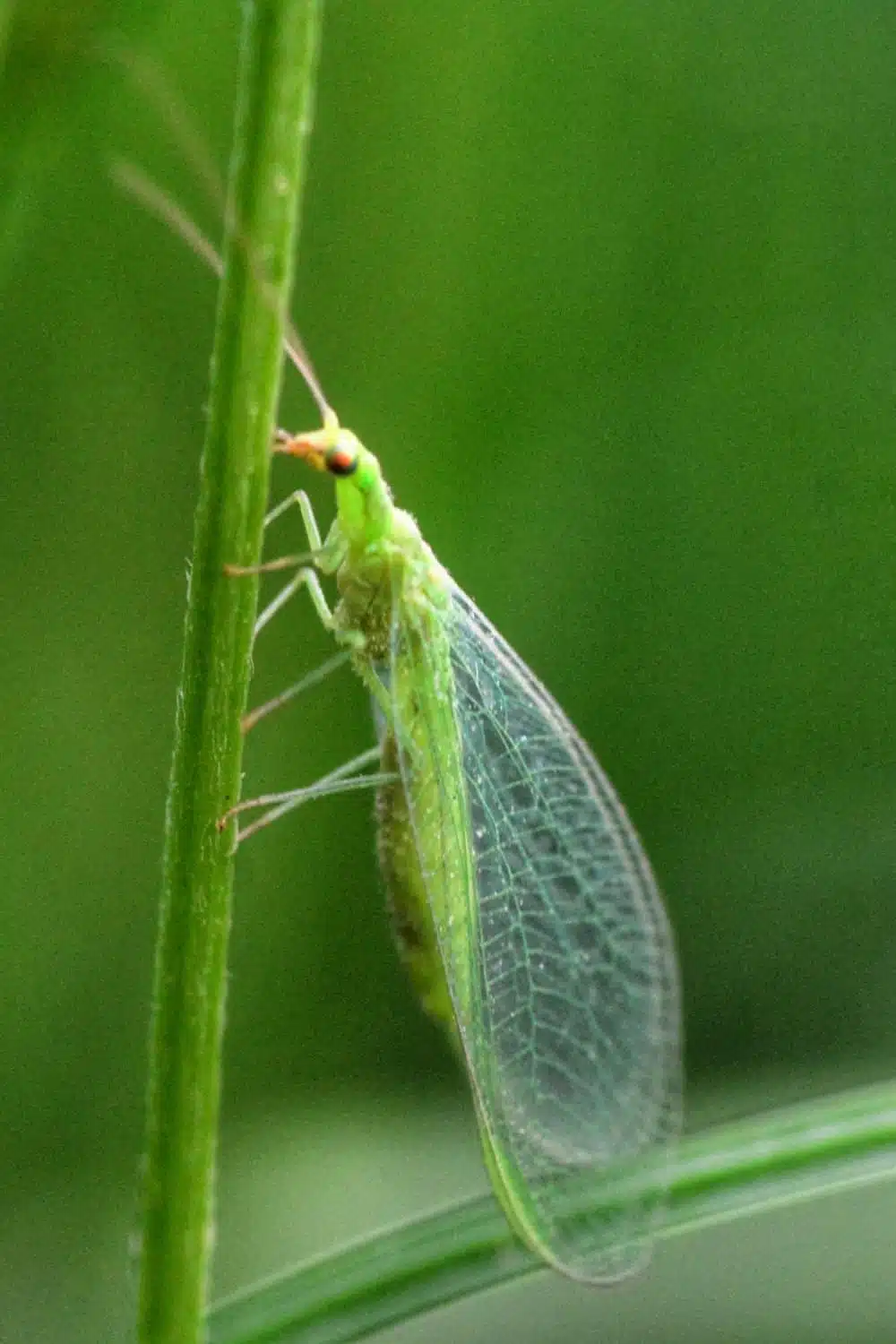
-
Parasitic wasps: The larvae of the parasitic wasp feed on aphids and will help control populations of aphids in your garden naturally. You can attract them by growing Queen Anne’s lace, dill, cilantro, or fennel.
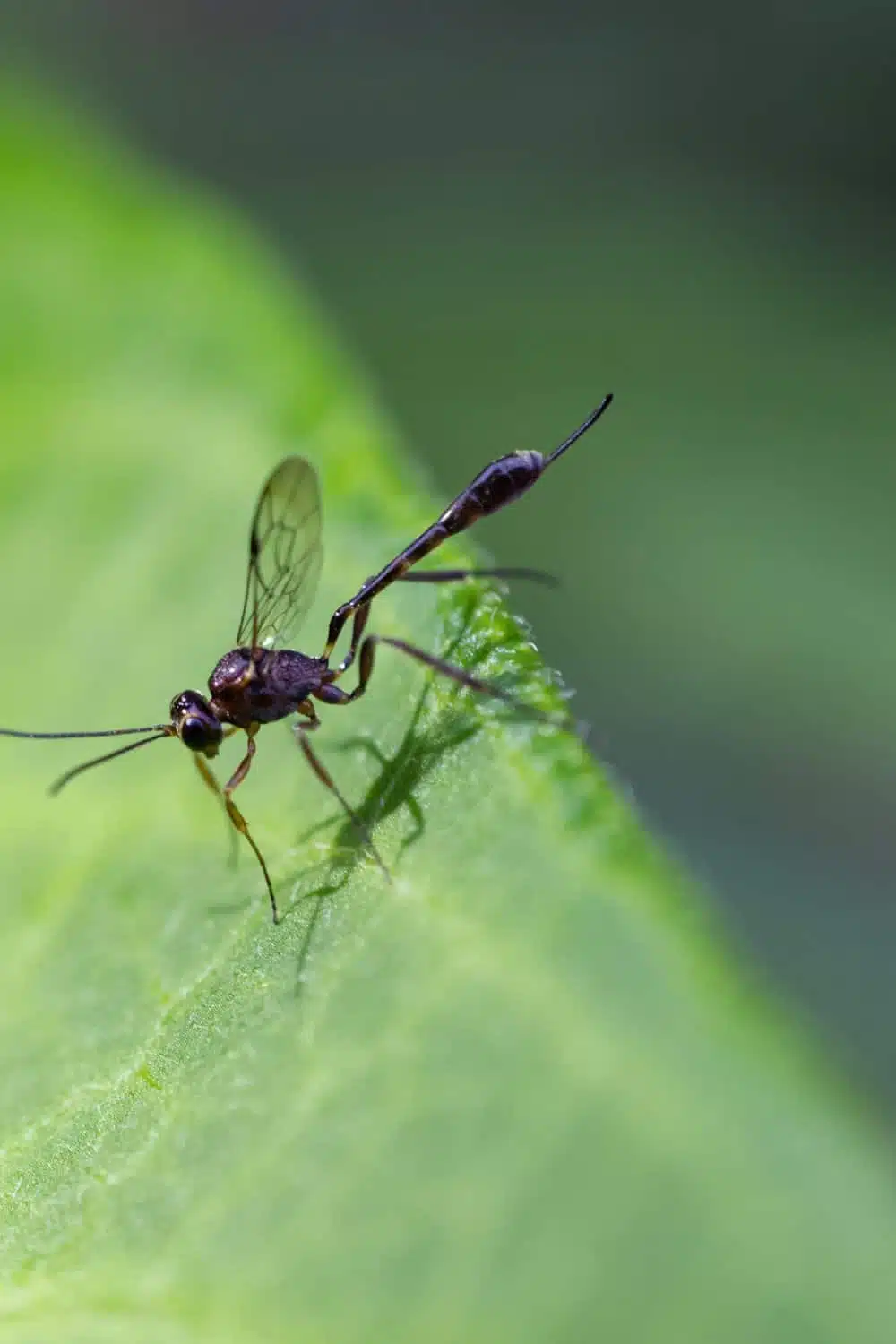
-
Soldier beetles: Both the adults and the nymphs love aphids. Growing zinnias, marigolds, and sunflowers can easily bring them into your garden.
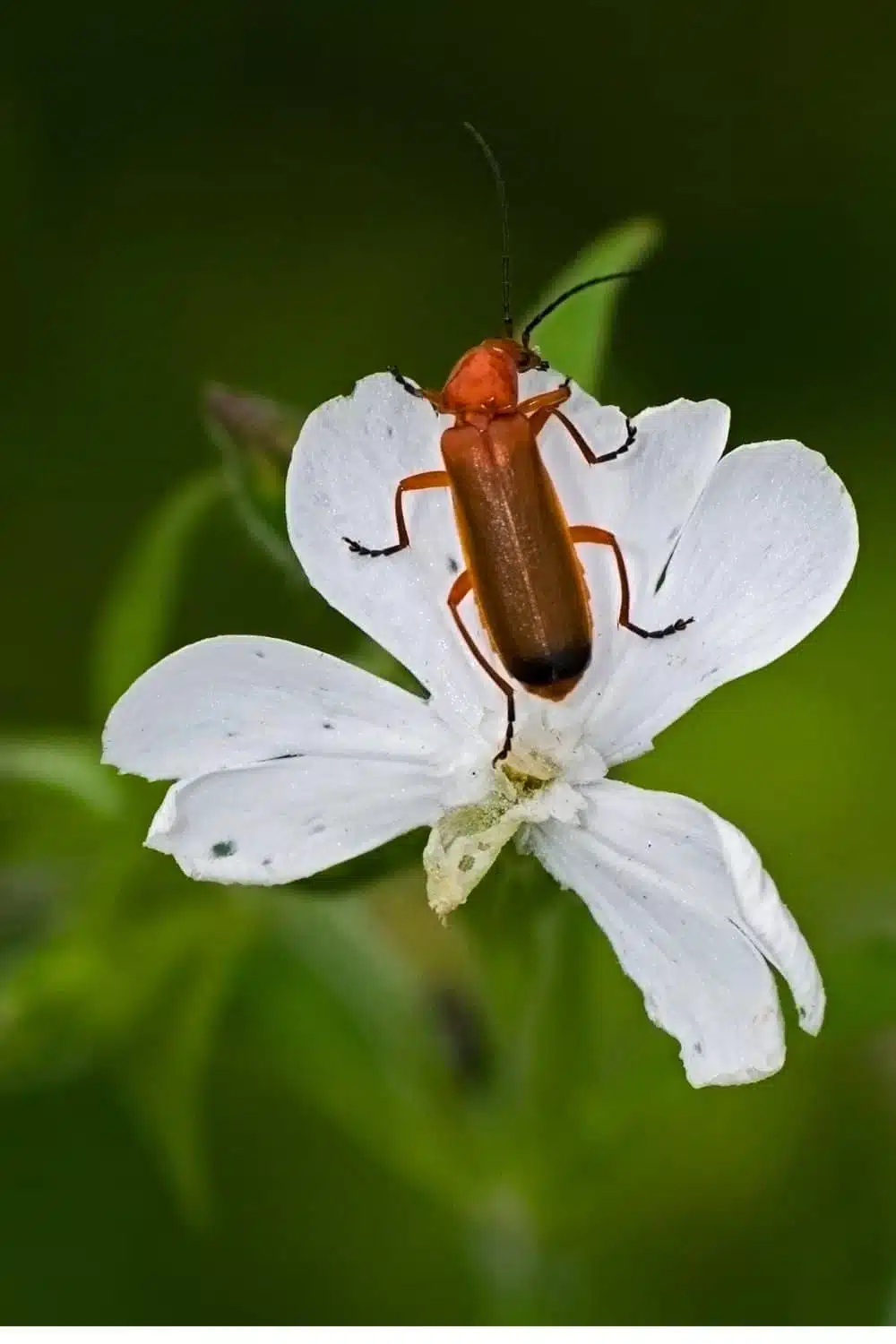
-
Hoverflies: These little fly-looking bees will help keep your aphid populations lower. Their larvae love aphids. You can attract them by growing wildflowers like Queen Anne’s lace around your garden, coriander, and dill that go to seed.
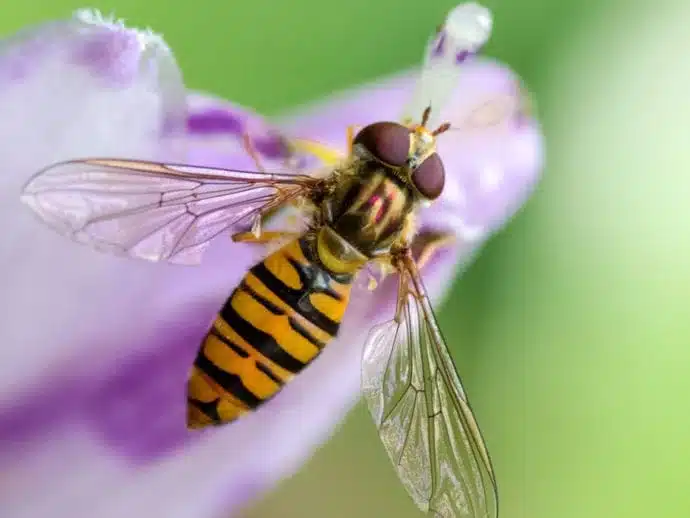
-
Birds: Though less effective, warblers and goldfinches do enjoy aphids. To attract them make sure to have hedges and native plants nearby for your area. Goldfinches love Echinacea, Coreopsis seeds, and Rudbeckia.
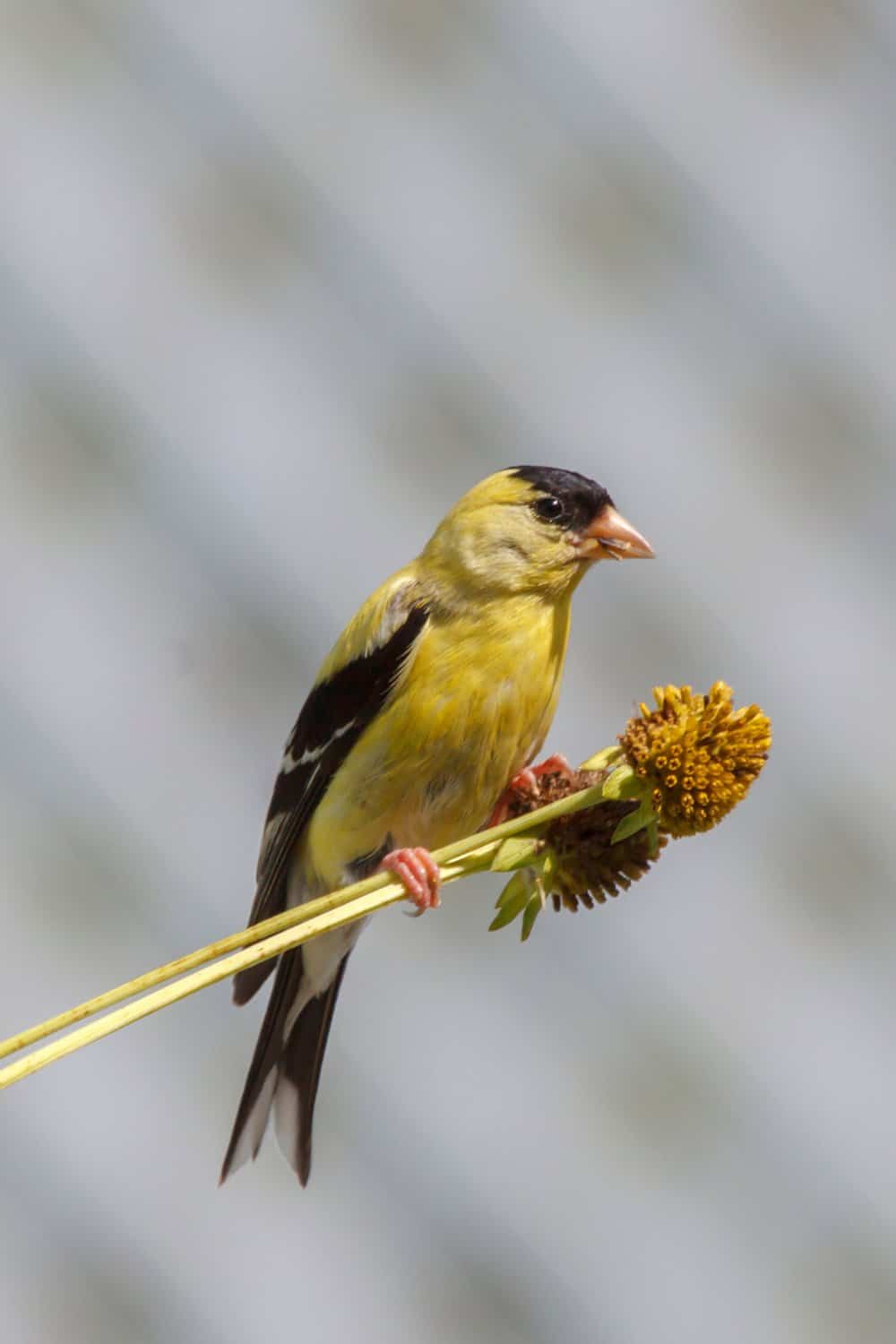
Growing many of the above plants will bring in plenty of predators which naturally feed on aphids so that you can naturally get rid of aphids without sprays or much thought on your part. This will also create a gorgeous and productive garden naturally as well.
The best natural way to get rid of aphids
The best natural way to eliminate aphids is to build a robust and healthy ecosystem to control the aphid population. By growing a full ecosystem of lots of flowering and perennial herbs, native plants, and perennial flowers, you will find that the aphid population will remain healthy. Aphids are a wonderful food for some of our garden’s most important bugs and birds. A complete food web is how we can grow a great garden without intervention.
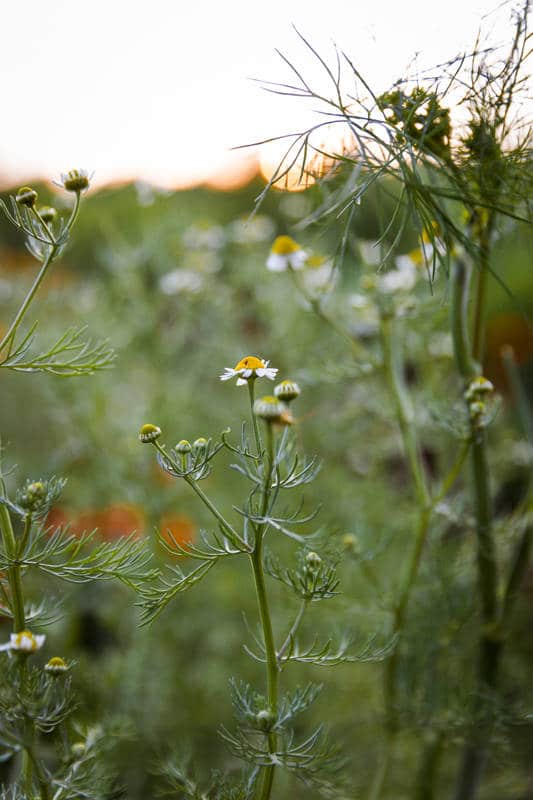
Aphids are a part of almost any garden. This means we must simply find natural solutions to controlling and preventing them through building a more robust and healthy ecosystem, as this will be the best natural way to get rid of aphids in our garden over time.
In the meantime, there are plenty of natural solutions you can make at home to lower their impact on your garden while you build a healthy ecosystem and attract beneficial insects that enjoy eating aphids.
If this blog post was helpful, you may also want to check out these other posts for greater natural gardening ideas:

